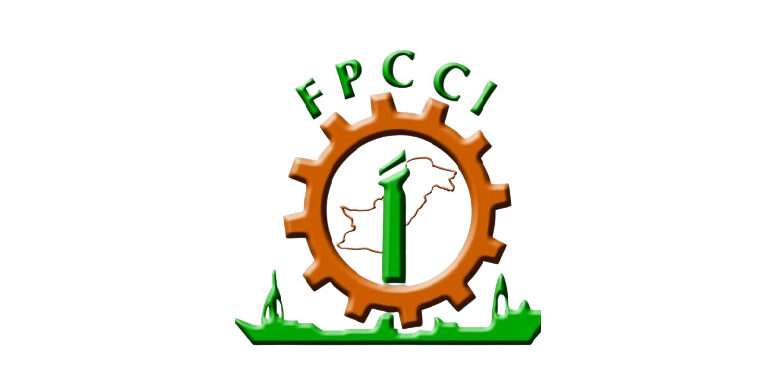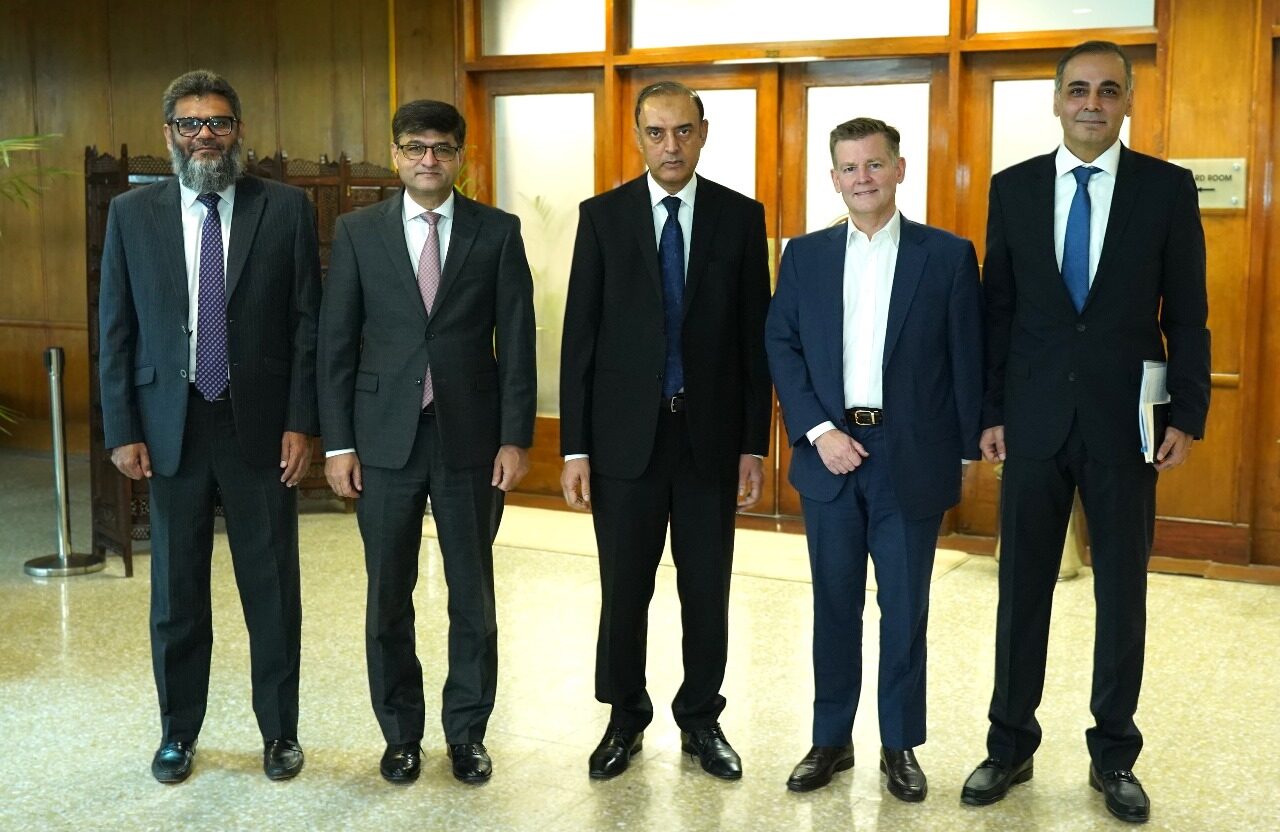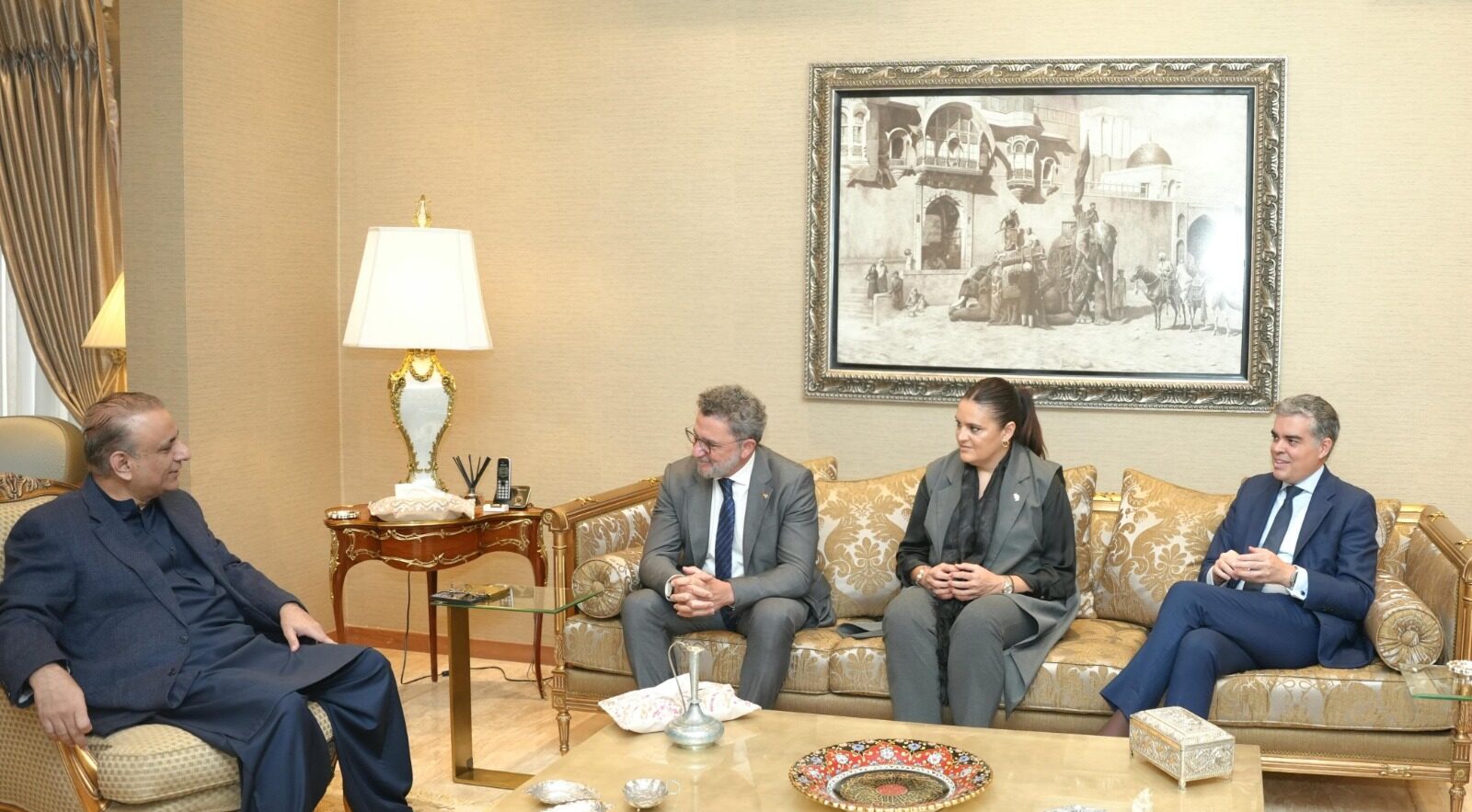KARACHI, November 6, 2024: Atif Ikram Sheikh, President of the Federation of Pakistan Chambers of Commerce and Industry (FPCCI), has called on the government to announce a comprehensive, multi-sectoral winter package for trade and industry to address the growing challenges facing industrial production in Pakistan. He emphasized that the country’s export-oriented industries require urgent facilitation, incentivization, and cost-reduction measures to remain competitive in the global markets and meet export targets.
Sheikh highlighted the FPCCI’s primary demand: a reduction in electricity tariffs to Rs. 20 per kilowatt-hour (kWh) for export-oriented industries. He explained that electricity costs are currently the biggest contributor to the high cost of production and doing business in Pakistan. Moreover, the cost of electricity in Pakistan is not only the highest in the region but also exceeds the rates in competing export markets, putting Pakistani exporters at a significant disadvantage.
“Electricity costs are severely impacting industrial productivity, making it difficult for Pakistani products to compete in international markets,” Sheikh said, adding that the cost of doing business is unsustainable in its current form. “To address this issue, we must reduce electricity tariffs for export industries to enhance their competitiveness.”
Caution on Conditional Gas Supply Criteria
The FPCCI President also expressed concerns over the conditional eligibility for gas supply, similar to the criteria set last year. Last year, many export-oriented industries were excluded from the winter package because they did not meet the requirement of incremental gas consumption, as they lacked gas supply connections. Sheikh warned that if similar conditions are imposed this year, many industries would again be unfairly excluded.
“We cannot afford to leave out any export industry, especially when they face challenges related to infrastructure, such as gas supply connections. The government must ensure that the winter package is accessible to all export industries, regardless of their circumstances,” Sheikh said. “The approach must be inclusive and transparent, ensuring that every industry, big or small, has the same opportunity to benefit.”
A Win-Win for Economic Growth
Sheikh assured the government that FPCCI and the broader trade and industrial community are fully committed to supporting Pakistan’s economic growth and enhancing its export competitiveness. He emphasized that a well-structured winter package would benefit not only the industries but the economy as a whole, promoting substantial export growth, and import substitution, and contributing to the country’s foreign exchange reserves.
“Supporting industries is a win-win scenario for Pakistan. It will help stabilize the rupee, reduce the current account deficit (CAD), and strengthen the economy,” he said. “By providing the right incentives and reducing costs, we can boost our exports, improve employment rates, and ultimately grow the economy.”
Key Demands: Power Purchase Agreements and Privatization
In addition to electricity tariffs and the winter package, Sheikh reiterated several other key demands from FPCCI, including the renegotiation of Power Purchase Agreements (PPAs) with Independent Power Producers (IPPs) on a take-and-pay basis. He also called for the revitalization of the privatization process for Pakistan International Airlines (PIA), the reduction of the policy interest rate to single digits, and the adoption of macroeconomic policies that promote long-term stability, consistency, and ease of doing business.
FPCCI’s Vision 2030 outlines an ambitious target of achieving $100 billion in exports. Sheikh stressed that this goal is achievable, but it requires strong government support, consistent policies, and a business-friendly environment.
“With the right policy support, we can turn Vision 2030 into a reality,” he concluded. “The government must recognize the urgency of these issues and take immediate action to ensure the competitiveness of Pakistan’s export sector and the overall economic growth of the country.”
Conclusion
Atif Ikram Sheikh’s statement comes at a critical juncture, with Pakistan’s industrial sector facing mounting challenges due to high energy costs and infrastructural limitations. The FPCCI’s call for a winter package with Rs. 20 per unit electricity tariffs and inclusive access for all export industries is seen as a necessary step to revitalize the export sector and drive sustainable economic growth.



























































































































































































































































































